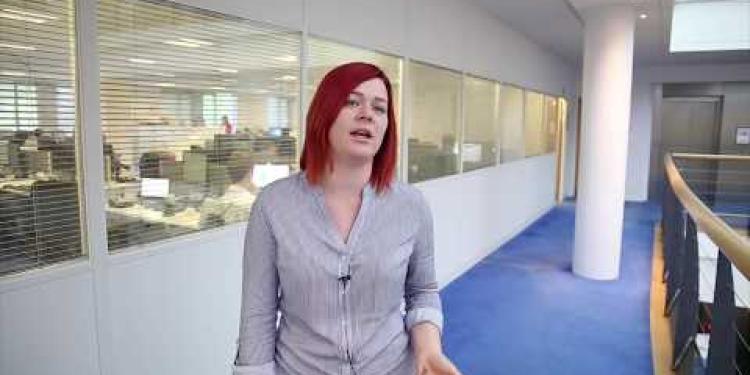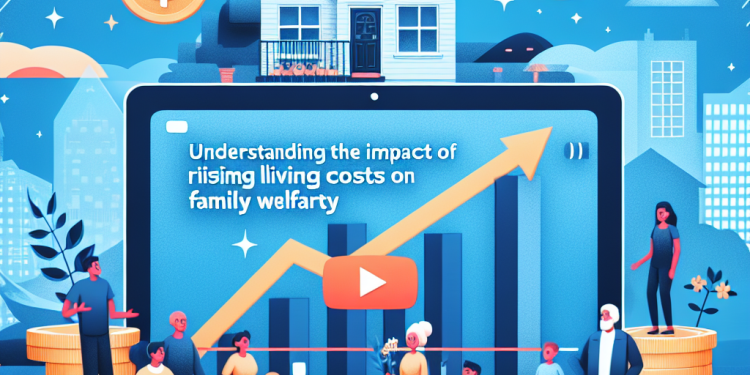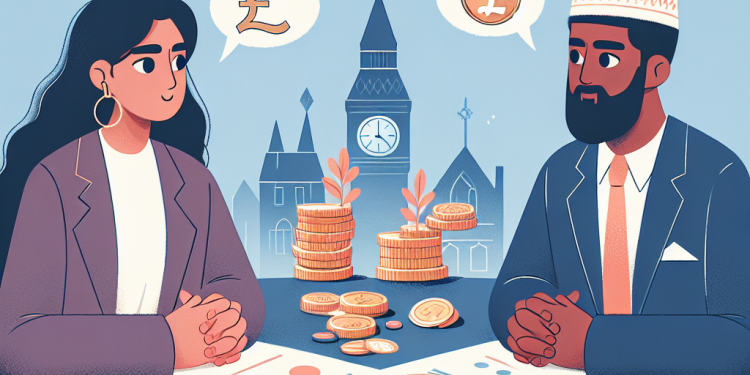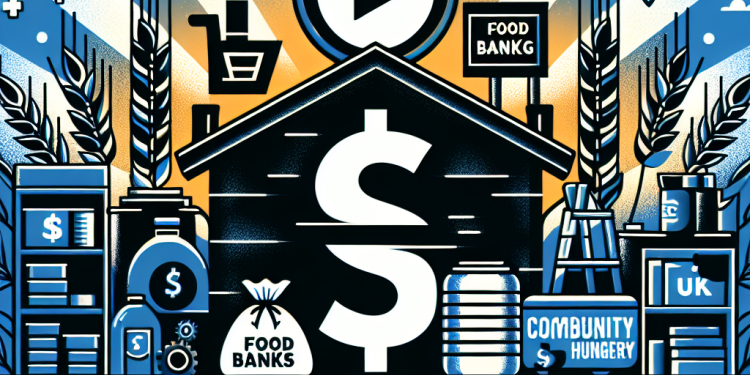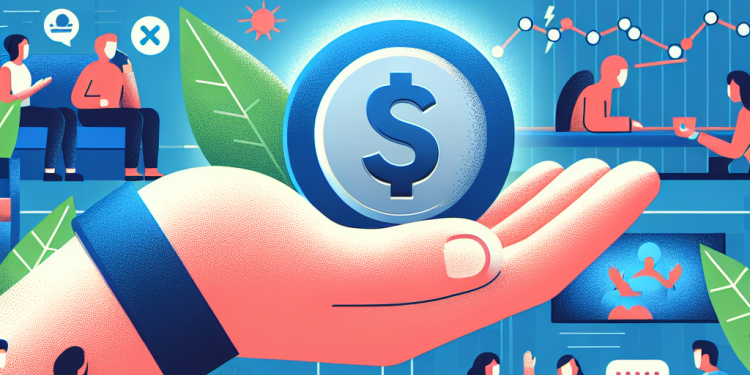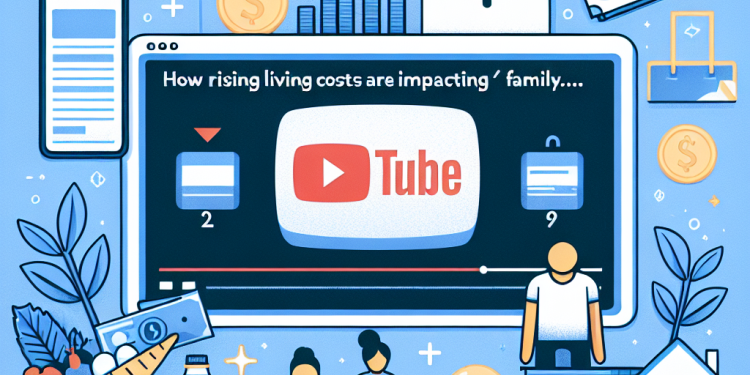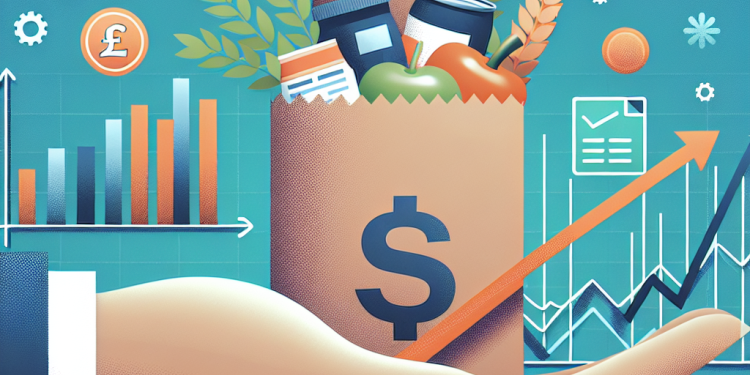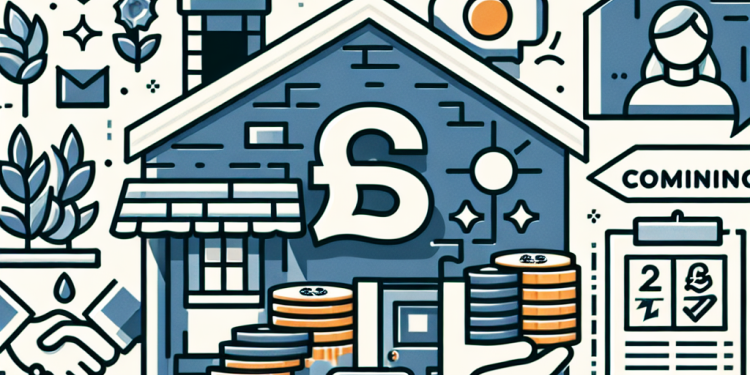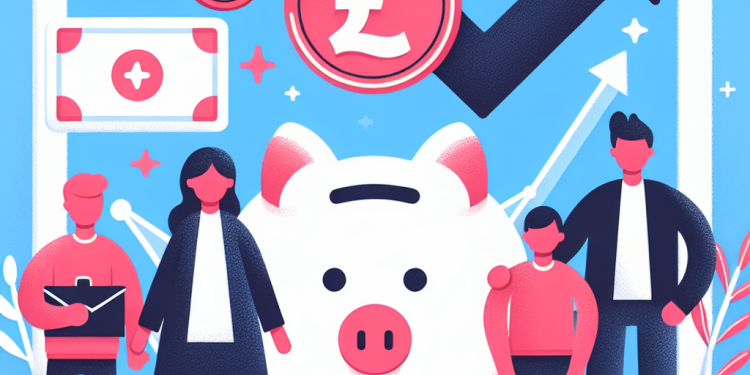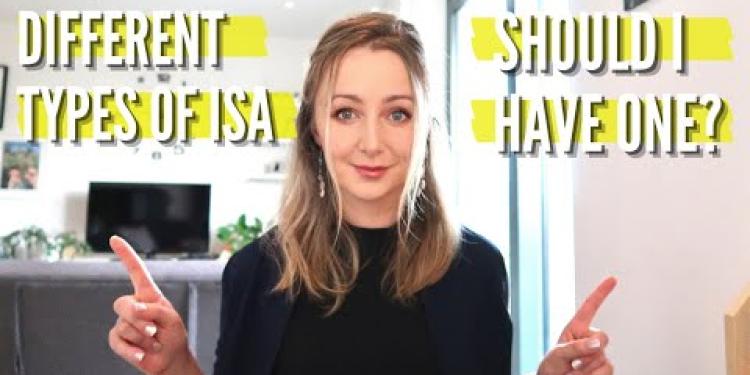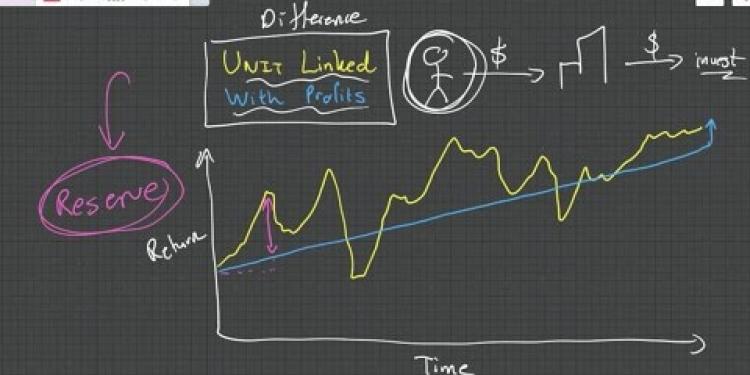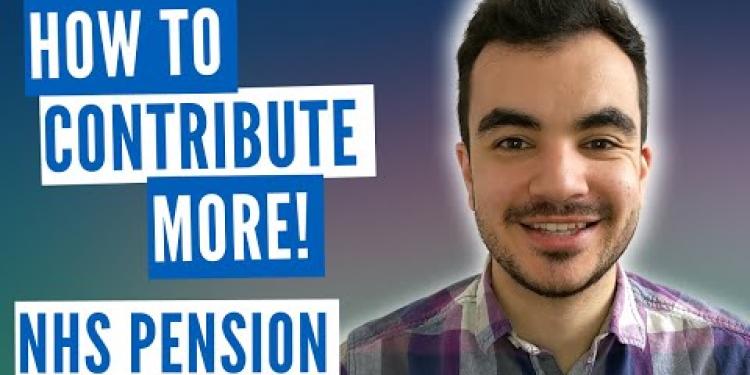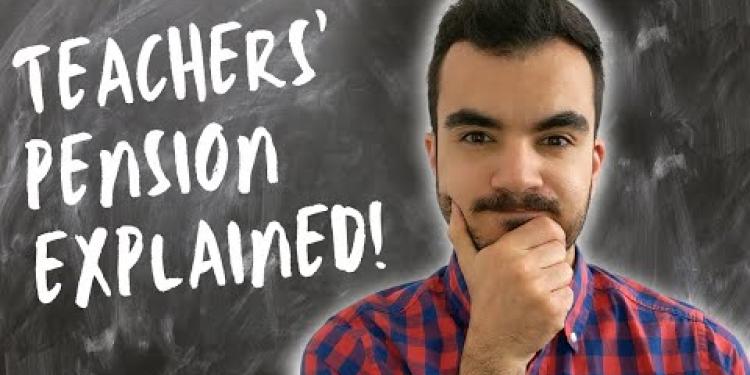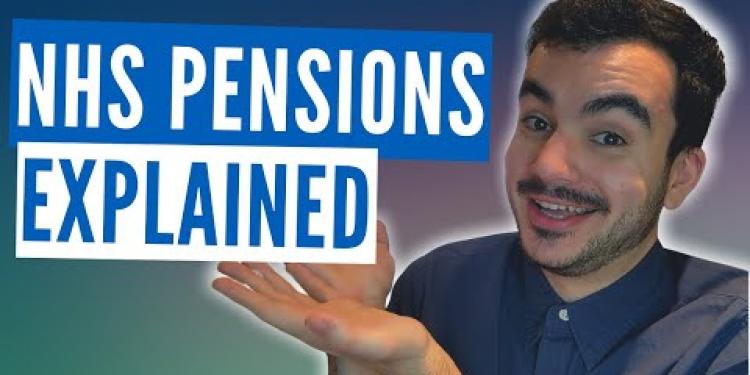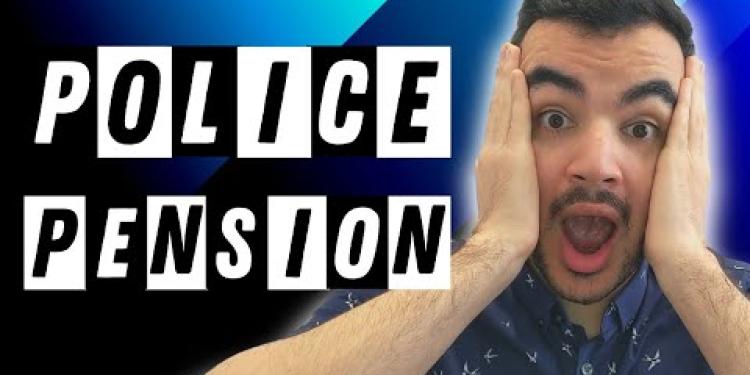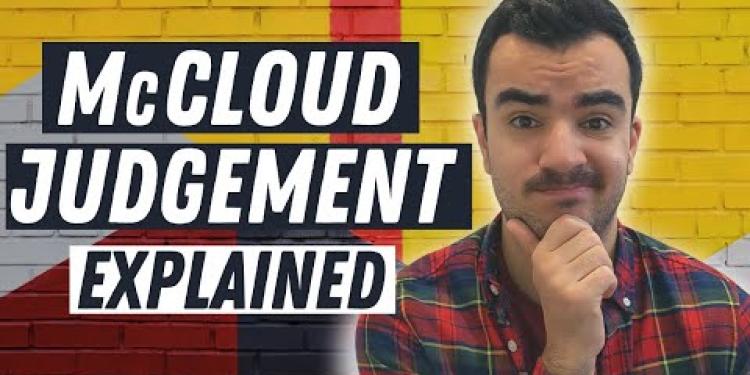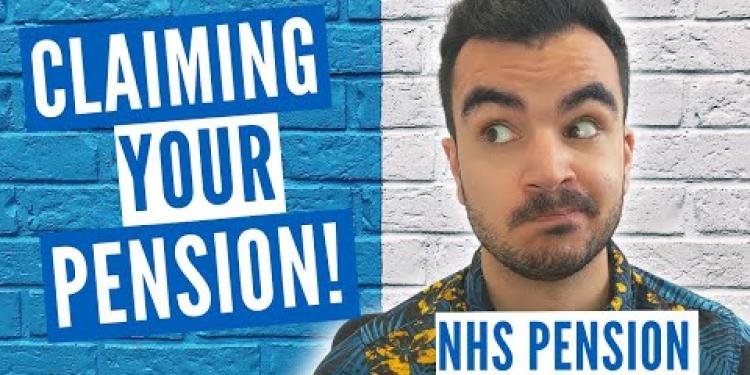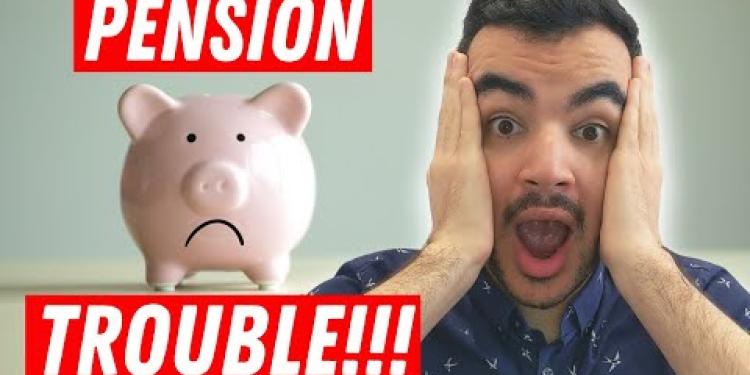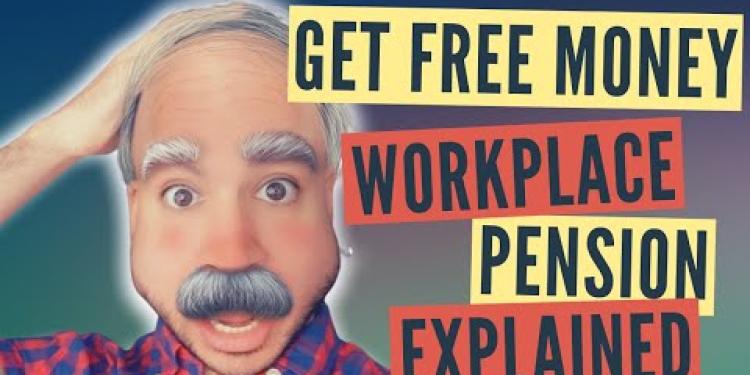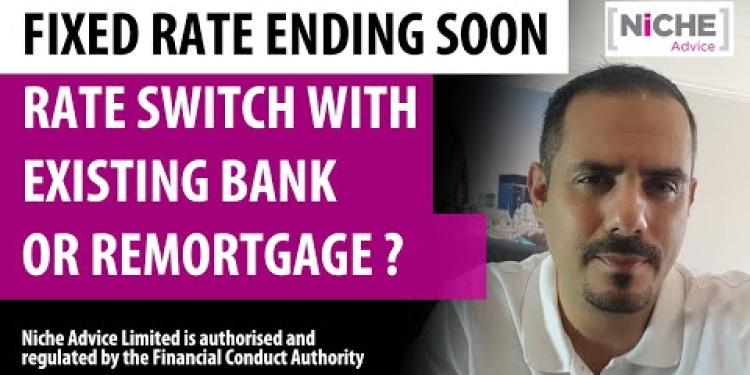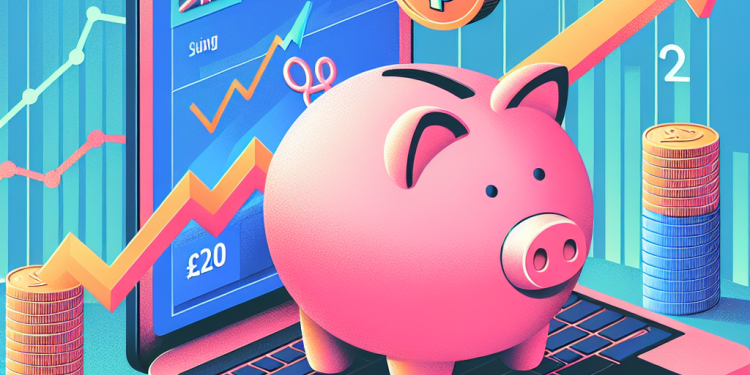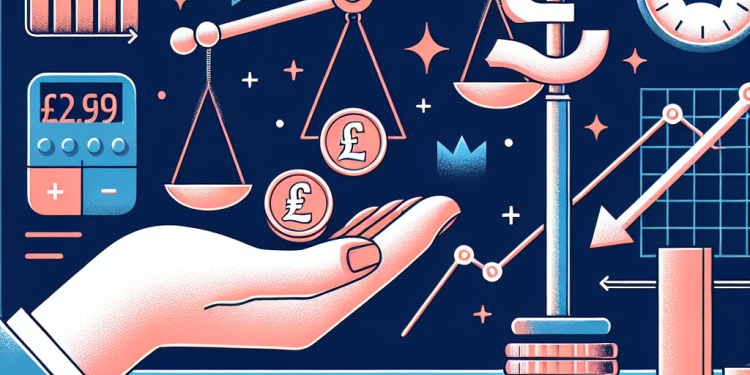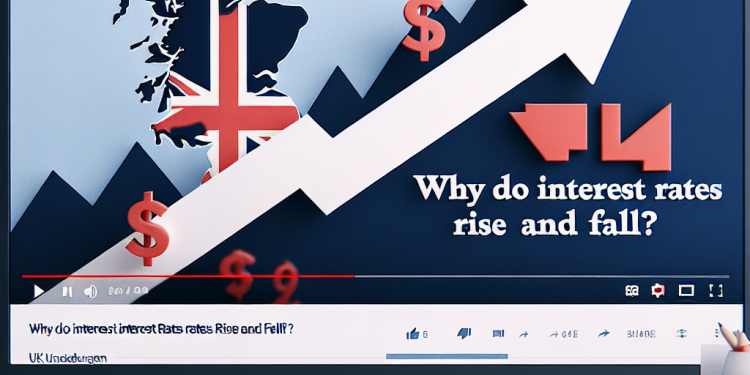
Find A Professional
More Videos of Interestdiagnosis
Related Videosdiagnosis
Understanding Why Interest Rates Rise and Fall
Economic Influences on Interest Rates
Interest rates in the United Kingdom can fluctuate due to various economic factors. A primary influence is the Bank of England's monetary policy. The Bank uses interest rates as a tool to control inflation and stabilize the economy. When inflation is high, the Bank may increase interest rates to discourage borrowing and spending, which can help cool down the economy. Conversely, if the economy is sluggish, the Bank might lower interest rates to encourage borrowing and investment, stimulating economic activity.
Inflation and Consumer Price Index (CPI)
Inflation is a key driver of interest rate changes. The Consumer Price Index (CPI) is a measure used to assess price changes associated with the cost of living. When CPI indicates that inflation is rising above the target rate, interest rates may be raised to curb excessive inflationary pressures. Higher rates make borrowing more expensive, thus reducing consumer spending and slowing inflation. On the other hand, when inflation is low, keeping interest rates low can help spur economic growth.
Global Economic Conditions
Global economic conditions also have a significant impact on UK interest rates. For example, if major economies such as the United States or the European Union experience economic turbulence, it can lead to changes in the UK’s interest rates. Global recessions or booms affect investor confidence and capital flows, influencing the Bank of England’s decisions. Economic stability or instability abroad can lead to adjustments in interest rates to protect the UK economy.
Government Fiscal Policy
The fiscal policy of the UK government, including taxation and government spending, can affect interest rates as well. When the government increases public spending or reduces taxes, it can lead to higher demand in the economy, potentially increasing inflation. To counteract this, the Bank of England might increase interest rates. Alternatively, austerity measures or reduced government spending can lead to lower interest rates to encourage economic growth.
Financial Markets and Investor Sentiment
Interest rates are also influenced by financial markets and investor sentiment. Expectations of future economic performance influence bond yields and currency values, which in turn affect interest rates. If investors expect strong growth, they may demand higher interest rates on bonds, pushing general interest rates up. Conversely, pessimism or a flight to safety during uncertain times may lead to lower interest rates as investors seek stable returns over riskier assets.
Frequently Asked Questions
What causes interest rates to rise?
Interest rates rise primarily due to inflation concerns. When the economy is growing too quickly, the Bank of England may raise interest rates to cool down spending and borrowing.
Why do interest rates fall?
Interest rates fall to stimulate economic activity during periods of slow growth or recession. Lower rates make borrowing cheaper, encouraging businesses and consumers to spend and invest.
How does the Bank of England influence interest rates?
The Bank of England influences interest rates through its monetary policy, primarily by setting the Bank Rate which affects the rates offered by commercial banks.
What is the Bank Rate?
The Bank Rate is the interest rate at which the Bank of England lends to commercial banks. This rate indirectly influences the lending and savings rates set by commercial banks.
Do global economic conditions affect UK interest rates?
Yes, global economic conditions can impact UK interest rates. Factors such as international trade, foreign investment, and currency exchange rates can influence the Bank of England's decisions.
How does inflation impact interest rates?
Inflation and interest rates are closely linked. If inflation is high, the Bank of England might increase interest rates to reduce spending and bring inflation down.
What role do expectations play in setting interest rates?
Market expectations about future economic conditions and inflation influence interest rate decisions, as the Bank of England aims to anchor inflation expectations.
How do interest rate changes impact savers?
When interest rates rise, savers might receive better returns on savings accounts. Conversely, lower rates may reduce the interest earned.
How do interest rate changes affect borrowers?
Higher interest rates increase the cost of borrowing, affecting mortgage repayments and loan interest. Lower rates make borrowing cheaper.
Why might interest rates remain unchanged?
Interest rates may remain unchanged if economic conditions are stable, and inflation targets are being met without adjustments.
What is the impact of interest rates on the housing market?
Interest rates heavily influence the housing market. Low rates tend to make mortgages cheaper, boosting demand for property.
Can fiscal policy impact interest rates?
Yes, fiscal policy (government spending and taxation) can affect the economy and influence interest rate decisions by impacting economic growth and inflation.
What is quantitative easing and how does it relate to interest rates?
Quantitative easing is a monetary policy tool where the central bank purchases government securities, which can lower long-term interest rates.
How often does the Bank of England review interest rates?
The Bank of England's Monetary Policy Committee typically meets monthly to review and set interest rates based on current economic data.
What are the long-term impacts of keeping interest rates low?
Prolonged low interest rates can encourage over-borrowing, create asset bubbles, and reduce the effectiveness of monetary policy in stimulating the economy during future downturns.
Useful Links
Useful links from: RIGHT TO BUY MORTGAGE - LET ME SAVE YOU TIME AND MONEY
- Shelter - Right to Buy Shelter provides comprehensive information on the Right to Buy scheme, including guidance on eligibility, purchasing your council home, and the implications of buying. The charity aims to support those experiencing housing difficulties.
- NHS Credit Union - Mortgages The NHS Credit Union offers financial services for NHS employees, including mortgage options. They provide advice on the Right to Buy scheme and can help NHS staff find suitable mortgage deals.
- Money Advice Service - Help with Buying a Council Home The Money Advice Service, a free and impartial service backed by the government, provides advice on buying your council home. They offer tools and tips to navigate the Right to Buy scheme and manage finances effectively.
- Citizens Advice - Buying a Council or Housing Association Home Citizens Advice offers detailed guidance on Right to Buy, explaining how to exercise your right to purchase your home from the council or housing association. They provide advice on minimizing costs and understanding the financial commitments involved.
Useful links from: Getting the maximum mortgage in the UK
- NHS Mortgage Advice - L&C L&C provides specialist advice for NHS staff on getting the most suitable mortgage options, highlighting any exclusive deals and benefits for NHS employees.
- NHS Staff Benefits - Mortgage Saving Options NHS Discount Offers details exclusive mortgage deals and discounts available to NHS staff, which can help maximize borrowing capacity.
- Shelter UK - Mortgage Advice Shelter UK provides guidance on understanding mortgages, with resources available for those needing assistance from charities based in the UK.
- Citizens Advice - Mortgage Guide Citizens Advice offers comprehensive resources on mortgage options and related financial advice in the UK, accessible to NHS employees and the general public.
Useful links from: How much can I borrow for a mortgage UK - getting the Maximum Mortgage
- NHS Credit Union - Mortgage Advice The NHS Credit Union offers financial guidance specifically for NHS employees, including advice on mortgages and how much you might be able to borrow.
- Turn2us - Mortgage Calculators and Guidance Turn2us is a national charity that provides financial support and information, including mortgage calculators and advice on how much you can borrow in the UK.
- Shelter - Mortgage Advice Shelter provides detailed information about mortgages, including a guide on how much you can borrow and managing mortgage repayments in the UK.
- Money Advice Service - How Much Can You Borrow? The Money Advice Service offers free and impartial advice on money matters, including comprehensive resources on determining how much you can borrow for a mortgage.
Useful links from: Using 100% of your Second Income for a Mortgage Application
- NHS Home Ownership Schemes The NHS Business Services Authority provides information on home ownership schemes available to NHS staff, which can help with understanding how NHS-employed applicants can apply their full income towards a mortgage.
- Shelter - Affordable Housing Advice Shelter offers advice and information on affordable housing, including how to approach mortgage applications and making the most of your income.
- Citizen's Advice - Buying a Home Citizen's Advice provides comprehensive guides on buying a home and applying for a mortgage, which can help individuals utilizing their full income including any secondary income.
- Turn2us - Benefits Calculator Turn2us offers resources for maximizing your income and budgeting, which is beneficial when planning to apply 100% of your second income towards mortgage applications.
Useful links from: Mortgage Overpayment and Flexible Features Explained
- Money Advice Service The Money Advice Service provides guidance on mortgage payments, including the impacts and benefits of overpayment on your mortgage.
- Citizens Advice Citizens Advice offers information about making mortgage overpayments, potential savings on interest, and understanding flexible mortgage features.
- StepChange Debt Charity StepChange provides advice on managing mortgage payments, including overpaying and understanding your options with flexible mortgages.
- NHS Credit Union - Housing Advice The NHS Credit Union offers tailored financial advice to NHS employees, including insights on mortgages, overpayments, and flexible mortgage options.
Useful links from: Should you Pay down your Residential Mortgage?
- Money Advice Service - Should I Pay Off My Mortgage Early? The Money Advice Service provides information on the potential benefits and considerations when thinking about paying off your mortgage early.
- Citizens Advice - Mortgages Citizens Advice offers comprehensive guidance on mortgages, including whether paying down your mortgage is a suitable financial decision.
- StepChange - Managing Your Mortgage StepChange, a UK debt charity, provides advice on managing your mortgage, including considerations for paying it down early.
Useful links from: Turned down for a mortgage? Find out why and what to do
- Money Advice Service - Why mortgages are declined The Money Advice Service provides information on common reasons why mortgage applications get declined and steps you can take to improve your chances in the future.
- Citizens Advice - Problems getting a mortgage Citizens Advice offers guidance on dealing with mortgage problems, including advice on what to do if you’ve been refused a mortgage.
- StepChange - Mortgage refusal advice StepChange provides insights into why a mortgage application might have been refused and what you can do to address this issue.
- UK Finance - Understanding mortgage applications UK Finance offers a guide to understanding the mortgage application process, reasons for denial, and what steps to take next.
Useful links from: Turned down for a mortgage? Find out why and what to do
- NHS - Money and mental health The NHS provides guidance on how financial stress can affect your mental health and offers advice on what to do if you are struggling with money-related stress.
- StepChange - Mortgage debt help StepChange is a UK charity that provides free debt advice and solutions. They offer specific guidance on dealing with mortgage rejections and financial struggles.
- Mind - Money and mental health Mind is a UK mental health charity offering support and advice on managing financial difficulties and their impact on mental health.
- Citizens Advice - Help with your mortgage Citizens Advice provides free, confidential information on financial matters, including handling mortgage rejections and problems.
Useful links from: Selecting a Mortgage Broker - how they differ and what to watch out for
- Money Advice Service The Money Advice Service provides essential information on how to choose a mortgage broker, highlighting the key differences between brokers and advising on what to look for in their services.
- Citizens Advice - Getting a Mortgage Citizens Advice offers guidance on getting a mortgage and the role of a mortgage broker. They provide tips and warnings on selecting suitable brokers and understanding their fees and services.
- Which? - Choosing the Right Mortgage Broker Which? provides an insightful guide into choosing the right mortgage broker, exploring their differences and offering advice on what pitfalls to avoid during the selection process.
- Shelter - Mortgages and Mortgage Brokers Shelter offers advice on dealing with mortgages, including information on choosing a mortgage broker within the UK housing context. It is a useful resource for understanding the financial implications and options available.
Useful links from: First Time Buyer UK - Own Outright vs Help to Buy vs Shared Ownership
- NHS - Buying a Home: First-time Buyer Options An NHS guide for first-time home buyers in the UK, including an overview of options like buying outright, Help to Buy, and Shared Ownership.
- Shelter UK - Buying a home Shelter UK provides detailed advice on different ways to buy a home, including outright purchase, Help to Buy schemes, and Shared Ownership.
- NHS - Shared Ownership and Help to Buy Explained A brief overview on the NHS site explaining the differences between Shared Ownership and Help to Buy, aimed to help NHS employees and others understand their options.
- Mind - Housing Advice: Buying a Home Mind charity provides advice on the practical and emotional implications of buying a home, focusing on the support for mental well-being through the process.
Useful links from: Mortgage on Inherited Property - How we can help you with the finance
- NHS Money Advice Service The NHS Money Advice Service offers free and impartial advice about mortgages, including on inherited properties. They provide guidance on managing your finances related to property and other financial matters.
- Turn2Us Turn2Us is a UK-based charity that helps people in financial need gain access to welfare benefits, charitable grants, and support services. They have resources on managing inherited property and potential financial assistance.
- National Debtline National Debtline provides free and confidential debt advice to people living in England, Wales, and Scotland. They have resources on handling debts associated with inherited properties, including mortgages.
- StepChange Debt Charity StepChange Debt Charity offers free debt advice and solutions. They provide support on various financial challenges, including dealing with mortgages on inherited property, to help improve personal financial situations.
More Videos of Interestdiagnosis
Related Videosdiagnosis
Have you found an error, or do you have a link or some information you would like to share? Please let us know using the form below.
- Ergsy carfully checks the information in the videos we provide here.
- Videos shown by Youtube after a video has completed, have NOT been reviewed by ERGSY.
- To view, click the arrow in centre of video.
- Most of the videos you find here will have subtitles and/or closed captions available.
- You may need to turn these on, and choose your preferred language.
- Go to the video you'd like to watch.
- If closed captions (CC) are available, settings will be visible on the bottom right of the video player.
- To turn on Captions, click settings .
- To turn off Captions, click settings again.







